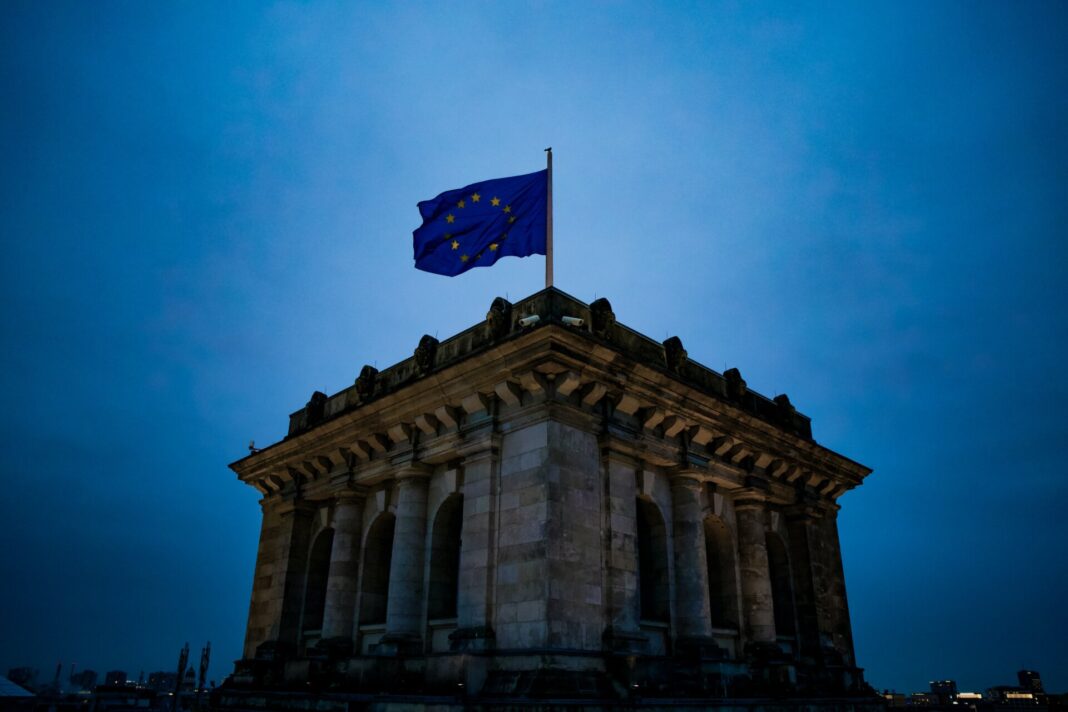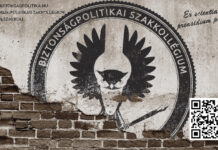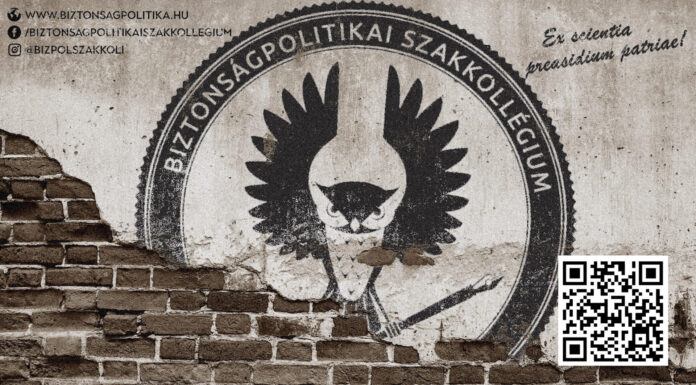The European Commission has made a significant step towards EU enlargement on November 8th when it adopted the 2023 Enlargement Package, providing a detailed assessment of the state of play and the progress made by Albania, Bosnia and Herzegovina, Kosovo, Montenegro, North Macedonia, Serbia, Türkiye, and for the first time also Ukraine, the Republic of Moldova and Georgia on their respective paths towards accession to the European Union. This could mark the end of the so-called ‘enlargement fatigue’ that has characterised the EU since Croatia’s accession in 2013. The push for enlargement is mainly due to the fear of a further escalation of the conflict in Ukraine and the growing Russian and Chinese influence in the region.
The EU accession process is a complex and time-consuming journey. The length of the process is heavily affected by a number of factors, including the country’s performance in terms of the EU accession criteria, the political will of EU Member States and the European Union’s own internal dynamics.
Following the Thessaloniki summit in 2003, which affirmed that all Western Balkan countries would join the EU (they ‘will become an integral part of the EU’) upon fulfilling the established Copenhagen criteria, the EU’s dedication to enlargement has faced several setbacks. Over the two decades following the summit a vicious circle has emerged in the Western Balkans due to the slowdown in the dynamic towards membership. The political will to introduce radical reforms has significantly decreased in the states concerned.
Meanwhile, Ukraine’s determined efforts for EU integration has brought about a paradox in the EU’s accession process. With a total population of 17 million, the six Western Balkan countries do not threaten the EU’s absorption capacity. Yet the EU is reluctant to move forward with their accession, whereas with Ukraine, there is a perceived urgency to move forward, but concerns about its size may introduce absorption capacity issues.
Where do the Western Balkan countries currently stand in the accession process, and which one is making the most progress?
Albania officially applied for EU membership in 2009 and was granted candidate status in 2014. Since Albania’s accession has been connected to North Macedonia, concerning which Albania’s Prime Minister, Edi Rama, has expressed his desire to achieve accession separately from Northern Macedonia, the first formal intergovernmental conference with the EU took place in July 2022. The European Union has given the green light to begin accession talks with Albania and North Macedonia following the resolution of a longstanding dispute between Skopje and its EU neighbour Bulgaria.
Albania has undertaken significant judicial reforms in recent years. The aim is to enhance the efficiency, transparency, and independence of the judicial system. The reforms include vetting of judges and prosecutors to ensure their integrity and competence, as well as the establishment of new institutions to oversee the judiciary. These efforts are part of Albania’s broader commitment to meeting EU accession criteria and improving the rule of law within the country.
Albania takes a pro-European position, with the government and a vast majority of its citizens supporting its EU integration. According to a survey conducted in 2022, 95.9 percent of the respondents support the country’s accession to the EU. However, the process could last for years – as for Croatia, it took eight years to achieve full membership of the European Union.
North Macedonia applied for membership in 2004 and was granted candidate status in 2005. The path to opening accession negotiations has been slow and difficult. The decades-long name dispute with Greece was a major obstacle. With the signing of the Prespa Agreement in 2018, the almost 30-year-long name dispute ended, and the debated name of the Western Balkan state officially became Northern Macedonia, allowing the start of Euro-Atlantic integration, a process that was previously hindered by Greek objections.
Following these events in 2020, North Macedonia could fairly assume that accession negotiations could finally begin. In November 2020, however, Bulgaria has expressed its opposition, claiming that its neighbour does not respect their common history, ethnic and linguistic roots. Negotiations did not start until July 2022, when legislators in North Macedonia approved an agreement brokered by France, designed to resolve a conflict with Bulgaria and pave the way for overdue European Union membership talks. The agreement suggests amending North Macedonia’s constitution to acknowledge a Bulgarian minority without necessitating Bulgaria’s recognition of the Macedonian language. As part of the deal, Bulgaria will permit its western neighbour to start negotiations talks with the European Union.
As a result of these setbacks, public opinion in North Macedonia has also undergone a change regarding the country’s accession to the EU. According to the public opinion poll of the Balkan Barometer 2023, 25 percent of the population think the country will be a member of the EU by 2030, 28 percent expect the country to achieve membership by 2035, and 37 percent believe the country will never join the European Union. Such doubts may be overruled by future political and economic reforms and diplomatic efforts.
Bosnia and Herzegovina applied to join the European Union in 2016 and was officially granted candidate status by the European Council in December 2022. The ongoing conflict between Russia and Ukraine has reinvigorated the European Union’s readiness to explore the possibility of including more of its eastern neighbours, breaking a prolonged period of stagnation. The country is at the bottom of the list in terms of readiness for EU accession.
The distribution of power based on ethnic lines, persistent veto mechanisms, and the ongoing presence of the High Representative as the top authority in the country impede Bosnia’s progress toward EU integration. Constitutional reform is essential for the country to become a functioning democracy and, with it, to fulfil its EU accession aspirations. In May 2019, the European Commission identified 14 priorities hat Bosnia must fulfil in order to start accession negotiations, including democracy and functionality, the rule of law, fundamental rights and public administration reform.
The start of accession negotiations is still pending, as the Member States’ positions regarding Bosnia’s readiness are not the same. While Hungary, Slovakia, and Croatia support it, the Netherlands and others strongly oppose it. Simultaneously, according to the Balkan Barometer 2023 survey, 41 percent of respondents believe that Bosnia and Herzegovina will become a member of the European Union by 2035.
Montenegro is one of the relatively young states, having declared independence from Serbia in 2006. The country applied for EU membership in 2008 and was given candidate status in 2010, with EU accession negotiations starting in 2012. Up to this point, all the 33 of 35 screened chapters have been opened, with three of them being provisionally closed. After 11 years, however, Montenegro’s legislators have shown little commitment to implementing the reforms needed to become a member to the European Union. There has been minimal advancement in terms of the comprehensive reform of the electoral, legal, and institutional framework.
On 31 October, after an all-night debate, MPs in the Montenegrin Parliament voted for the new Montenegrin government led by Milojko Spajic. The coalition government includes the pro-European, the pro-Russian, as well as the pro-Serbian parties. The new Prime Minister announced that one of the country’s foreign policy priorities would include obtaining full membership to the European Union.
Earlier this year, the High Representative of the Union for Foreign Affairs and Security Policy, Joseph Borell, stated that Montenegro is the most advanced accession candidate. According to Prime Minister Jakov Milatović, Montenegro stands out as the top contender among the 10 countries aspiring for membership. He emphasizes that Montenegro has been a NATO member since 2017, the country’s national currency is the euro (which the country unilaterally adopted), and it enjoys a per capita prosperity equivalent to 55 percent of the EU average.
Montenegrin public opinion continues to support the country’s EU accession efforts and considers the EU as its most important political and economic partner. Opinion polls have revealed, however, that people are not satisfied with the pace of the country’s admission to the EU.
Serbia embarked on its journey toward European Union membership in 2000, following the overthrow of the authoritarian regime led by Slobodan Milošević. The country applied for EU membership in 2009 and granted EU candidate status in 2012. During this period, Serbia encountered significant challenges, including cooperation with the International Criminal Tribunal for the Former Yugoslavia (ICTY), the dissolution of the state union with Montenegro, and ultimately, the issue of Kosovo, which declared independence in 2008.
Since the start of the accession negotiations in 2014, Serbia has not managed to demonstrate any major and tangible results. So far, 22 out of 35 chapters have been opened (including all chapters under cluster 1 on the fundamentals of the process and cluster 4 on Green agenda and sustainable connectivity), two of which are provisionally closed. The European Commission’s 2021 report on Serbia’s efforts in essential reform areas emphasized a disturbing absence of media freedom, attacks on opposition and civil society activists, corruption, organized crime, and state influence over the police and judiciary. The country seems to be moving towards autocracy and democratic institutions have seriously deteriorated. The accession process is further complicated by the Serbian government’s reluctant attitude towards sanctions against Russia.
This downturn is also reflected in public opinion. For the first time in two decades, a majority of Serbs are against the country’s EU accession. According to a survey, 35 percent of the respondents were in favour of Serbia’s EU membership, while 44 percent were against it. Regarding the date of accession, 19 percent of the participants think that Serbia will join the EU by 2030, 28 percent say it will join by 2035, and 40 percent believe that the country will never join the European Union.
Kosovo, as the youngest state in Europe, formally applied to join the European Union in December 2022. Although candidate status is currently unavailable for the country, Kosovo is listed as a potential EU candidate. The key barrier to Kosovo’s integration is that although Kosovo unilaterally declared independence from Serbia in 2008, five EU member states, including Cyprus, Greece Romania, Slovakia, Spain, do not recognise it as an independent state.
On 8 October 2008 (resolution 63/3), the General Assembly decided to ask the International Court of Justice to render an advisory opinion on the following question: “Is the unilateral declaration of independence by the Provisional Institutions of Self-Government of Kosovo in accordance with international law?”. Serbia argued that the unilateral declaration of independence violates the internationally confirmed territorial integrity of Serbia guaranteed by norms of international law. In contrast, Albania declared that “Kosovo’s declaration of independence is in full accordance with international law, it being an expression of the right of self-determination of the people of Kosovo”. Ultimately, the Court concluded that the adoption of the declaration of independence had not violated any applicable rule of international law. By the time the Court’s ruling, 69 states—including 22 of 27 European Union (EU) member states—had already recognized Kosovo’s independence.
Despite ongoing diplomatic efforts in the region, relations between Serbia and Kosovo remain tense. The EU and other international actors are actively engaged in supporting bilateral dialogues and promoting stability in the region.
Conclusion
The integration of the Western Balkans into the European Union can be understood in several relevant ways. First, it could contribute to the stability and security of the region. The EU accession process implies the strengthening of democratic institutions, the promotion of the rule of law and economic and social development. Secondly, the Western Balkan countries’ EU membership could boost the EU’s expansion by extending shared values and economic opportunities. This expansion could also promote peace and cooperation in the region. The countries of the Western Balkans are moving towards a common goal, even if at different speeds, and their progress towards European integration will be crucial in the coming years.
Further efforts are required in the fields of the rule of law and corruption in the 6 countries, as these are necessary preconditions for EU accession. Giving up the reform path and turning in the opposite direction could lead to additional decline in democratisation. The challenges of EU integration of the Western Balkan countries include political and ethnic tensions, which could continue to influence the regional stability and relations among the countries.
Read similar articles clicking here.
Photo by Christian Lue on Unsplash.











